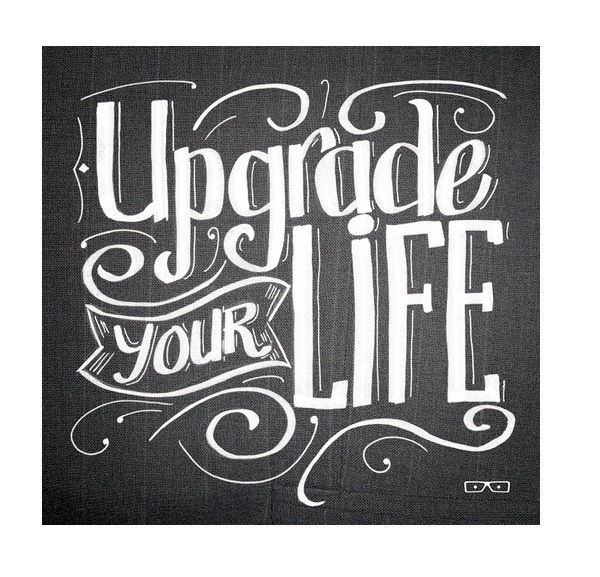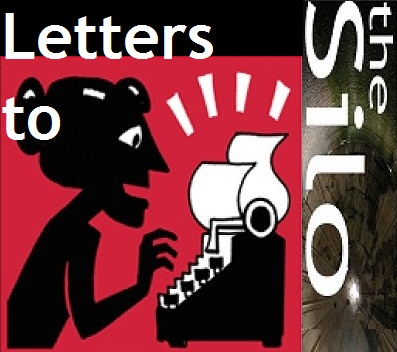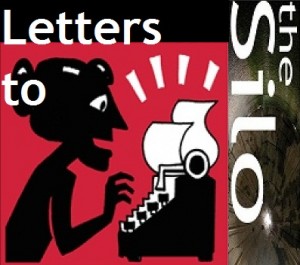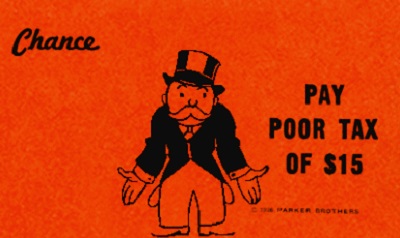Have you ever felt like you need an upgrade on your life?
Most of us have – and there’s a way to get it, says veteran physician Sanjay Jain.
“First, I tell people, ‘Don’t be afraid of making your life clearer.’ but as we have paraphrased from Chinese philosopher Laozi, ‘The journey of a thousand miles begins with the first step,’ ”. Many argue that life is not simple and, therefore, there are no easy answers, says Jain, whose specialties include integrative medicine. He’s also an international speaker and author of Optimal Living 360 – (www.sanjayjainmd.com).
“Lives are built from many small components which, when viewed as an assembled whole, can appear overwhelmingly complex,” Jain says.
“But when we break them down and consider the pieces as we make decisions in our lives, it’s much easier to see how small adjustments can result in a better return on all of the investments we make – not only in health, but in relationships, finances, and all the other essential aspects of our lives.”
Jain offers four points to keep in mind as you start the journey.
• Life is short, so live it to its fullest potential. Live it optimally. This is your life, so don’t waste its most precious resource – time. No matter one’s spiritual leanings, economic and education status, health, intelligence level, etc. – one thing is true for all: Our time on Earth is finite. There will be a time for most of us when, perhaps after a frightening diagnosis from a doctor, we reflect deeply upon our time and consider the most important moments, and all the time that may have been squandered.
• Balance is key. Too much or too little of something, no matter how good, is actually not good. Balance is one of the easiest tenets to understand, but arguably the most difficult to maintain. Obviously, too much alcohol is bad; then again, there are some health benefits to moderately imbibing red wine. What about too much of a good thing; can a mother love her children too much? Yes, if she is an overprotective “helicopter parent.” The best antidote to overkill of anything is awareness; try to be aware of all measures in your life.
• Learn to tap your strengths and improve upon your weaknesses. Engaging your strengths at work and in your personal life is important. When we do what we’re good at and what comes easily, we feel self-confident and satisfied. Some people, however, are not in jobs that utilize their strengths, or they don’t put their talents to work at home because they’re mired in the prosaic work of living. It’s important to identify your strengths and find ways to engage them. It’s equally important to recognize our weaknesses and work on improving them (because we can!) This is essential for achieving balance.
• Life is about making the right choices. Integrative decision-making makes this easier. There are many different types of decision-making, including systematic, hierarchal, impulsive, decisive and flexible. Integrative decision-making can be used for problems large and small, and includes the following process: 1. Define the problem. 2. Frame the problem. 3. Develop all your options. 4. Analyze your options. 5. Make the decision. 6. Execute your decision. 7. Debrief yourself.
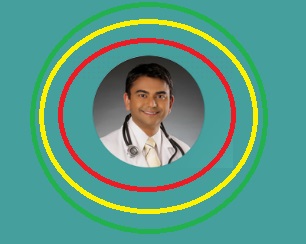
clearer.” Dr. Sanjay Jain
While experts may be the best consultants for compartmentalized areas of your life, only you know the other aspects that affect your well-being and can determine how a decision in one area will affect another area. For the Silo, Ginny Grimsley
Supplemental– Who was Laozi? http://www.britannica.com/EBchecked/topic/330163/Laozi
The Father of Taoism- http://oregonstate.edu/instruction/phl201/modules/Philosophers/LaoTzu/laotzu.html
